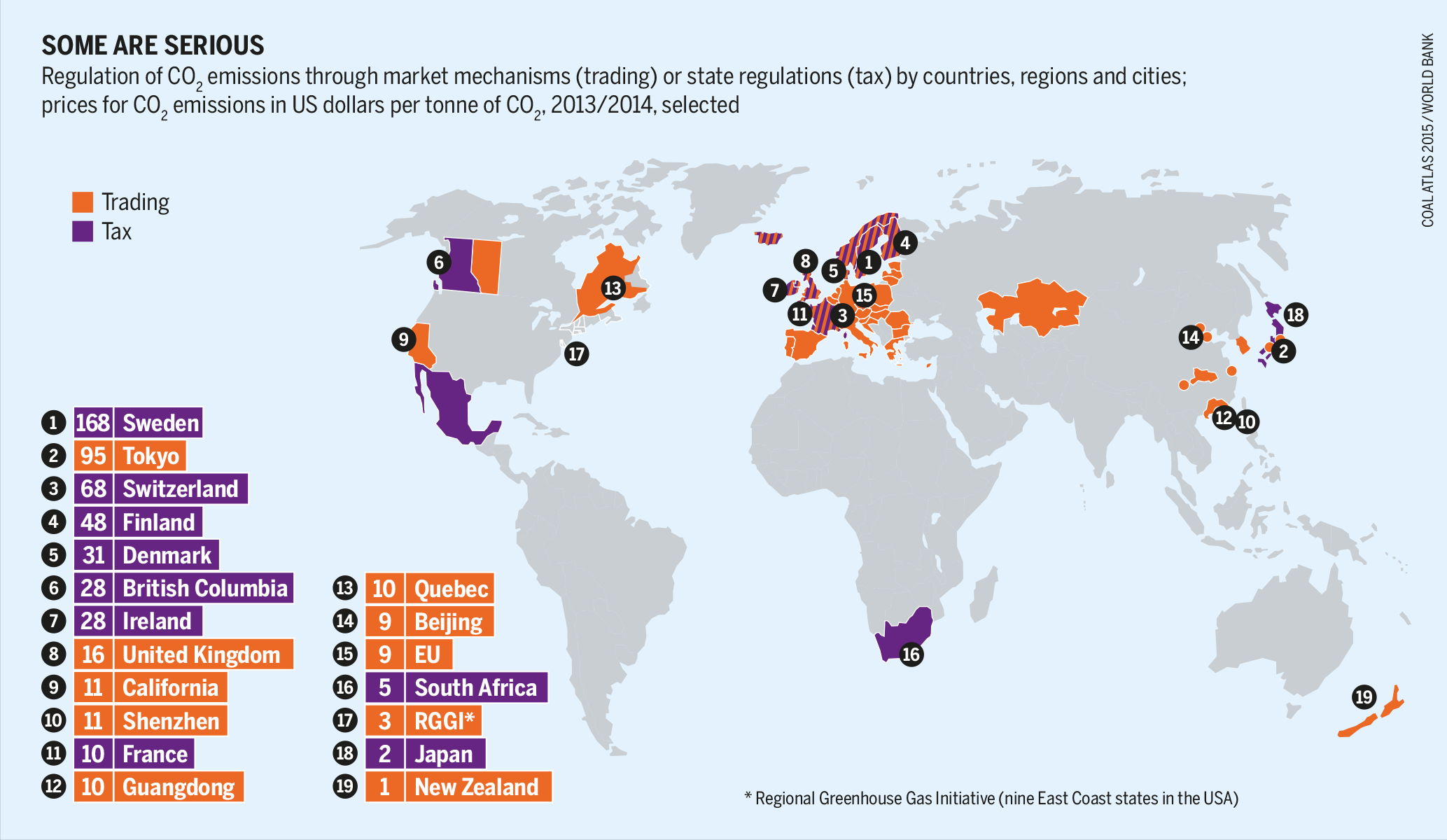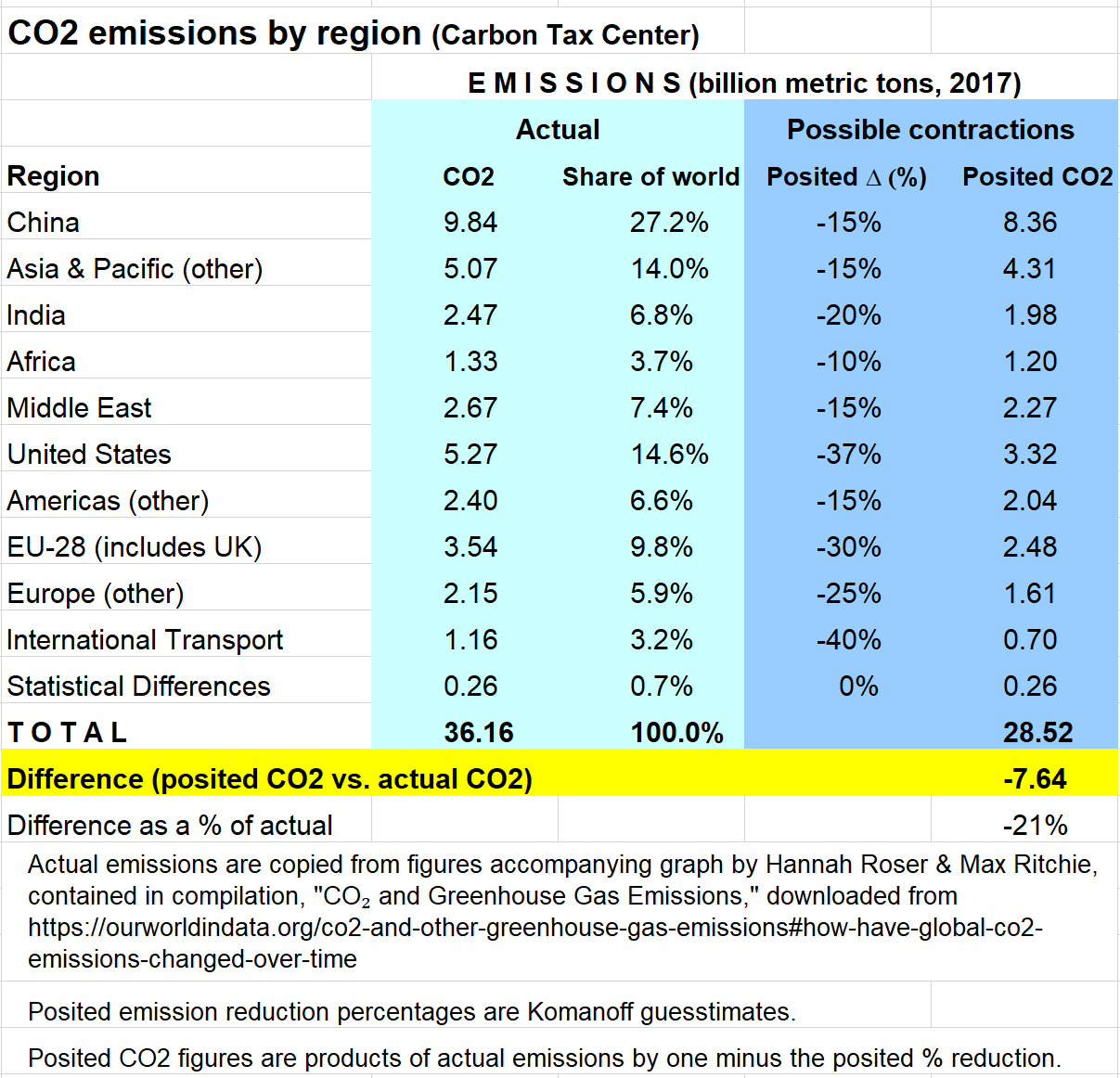

Then, on the evening of 27 July, Schumer and Manchin issued a joint statement announcing that they had reached agreement on a “spending package that aims to lower health-care costs, combat climate change and reduce the federal deficit”, reported the Washington Post. In the weeks leading up to the introduction of the bill, Biden had come under increasing pressure to declare a “climate emergency” – “one of the few presidential powers that can be exercised without much oversight from Congress or the courts”, the New York Times explained. The continued negotiation of the bill was “Washington’s best-kept secret”, Politico wrote, as Manchin and senate majority leader Chuck Schumer “quietly continued negotiating behind the scenes, mostly through staff”. The paper says he told party leadership that he “would not support an economic package this month that contains new spending on climate change or new tax increases targeting wealthy individuals and corporations”. Just weeks before the Inflation Reduction Act was announced, Manchin had seemingly scuttled the Democrats’ climate agenda, the Washington Post reported at the time. However, these powers were curtailed by the US Supreme Court in a June ruling. Previous administrations have relied on the Clean Air Act – a statute on air pollutants administered by the Environmental Protection Agency (EPA) – to regulate greenhouse gas emissions. The Atlantic pointed out that “Republican-led climate efforts have also failed to bear fruit” in Congress, with the party’s support restricted to “smaller, more incremental bills”.Īs a result, US climate action at the federal level has largely relied on executive actions, which can easily be undone by successive presidents. The paper added that the new bill “replaced the sticks with carrots” – using subsidies, rather than carbon taxes, to address climate change.

Previous efforts to pass climate legislation have been scuttled, often by the Republican party, according to a piece in the New York Times that detailed the history of attempted climate legislation. Prof Jesse Jenkins, an energy researcher at Princeton University, told ABC News the bill marked “the first substantive piece of climate legislation that has made it through the US Senate in history, after decades of inaction”. How has the Inflation Reduction Act come about? In this article, Carbon Brief explores the contents of the bill, the impact it is expected to have on US emissions and how the media has responded. There has also been broad agreement that, despite its shortcomings, the bill marks the most ambitious climate action ever taken by Congress. Nevertheless, it brings the US much closer to meeting its international climate targets. It also includes some provisions to expand oil-and-gas drilling on public lands. In terms of the money committed, the bill is still far off the scale of the earlier proposals put forward by the administration when Biden took power back in 2021. It was agreed after months of haggling with Democrat Senator Joe Manchin of West Virginia, a coal “ baron” who has repeatedly sunk Biden’s attempts to pass ambitious climate legislation. The Inflation Reduction Act contains $437bn of spending, $369bn of which will go towards emissions-cutting measures such as tax breaks for low-carbon energy and electric vehicles. On Tuesday 16 August, US president Joe Biden signed a bill into law that he has described as “the most significant legislation in history to tackle the climate crisis”.


 0 kommentar(er)
0 kommentar(er)
